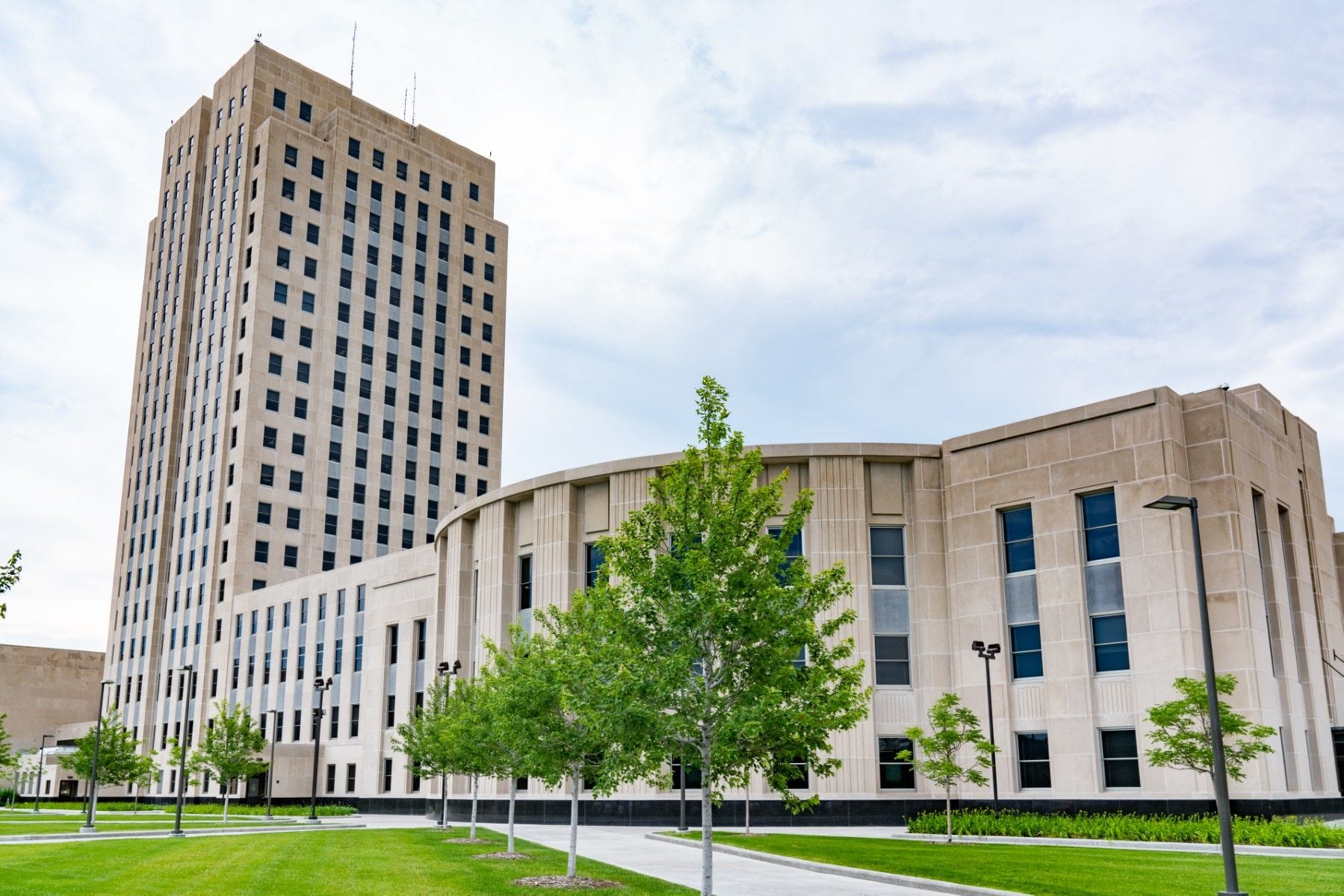North Dakota Expert Witness Disclosure Requirements
North Dakota mandates timely expert witness disclosures to promote trial fairness, emphasizing detailed information and compliance with procedural rules for transparency.
Updated on
In this article
When Are Expert Witness Disclosures Required in North Dakota?
In North Dakota, the disclosure of expert witnesses is governed by the North Dakota Rules of Civil Procedure, specifically Rule 26. The timing of expert witness disclosures is crucial in litigation, as it ensures all parties are adequately prepared for trial. Generally, the initial expert disclosures must occur according to the scheduling order set by the court. Absent a specific order, disclosures should align with Rule 26(a)(2), which mandates that parties disclose expert witnesses at least 90 days before the trial date. This timeline allows for a comprehensive exchange of information and preparation by all involved parties.
Supplemental disclosures are also an integral part of the process, ensuring that any updates or changes to the expert’s opinions or findings are communicated promptly. According to Rule 26(e), these must be made at least 30 days before trial unless the court orders otherwise. This requirement ensures that all parties have ample opportunity to adjust their strategies in light of any new information.
Information That Must Be Included in the Disclosure
When disclosing expert witnesses in North Dakota, compliance with Rule 26(a)(2) is essential. The rule outlines the specific information that must be provided to the opposing party to ensure transparency and fairness. This includes:
- Expert Qualifications: A detailed account of the expert’s qualifications, including their education, training, and professional experience, must be provided. This helps establish the expert's credibility and relevance to the case.
- Opinions and Bases: The disclosure must include a comprehensive statement of all opinions the expert will express and the basis for these opinions. This ensures that the expert's contributions are clear and grounded in their expertise.
- Data Considered: A list of all data or other information considered by the expert in forming their opinions is required. This transparency allows for a thorough examination of the expert's methodology.
- Fee Structures: Information regarding the compensation arrangement for the expert’s services, including hourly rates and any contingency fees, must be disclosed.
- Prior Testimony: A record of any prior testimony given by the expert in the past four years is necessary to assess the expert's experience and potential biases.
These requirements aim to prevent surprise and ensure that the expert's testimony is based on sound reasoning and methodology.
Supplementing and Amending Expert Disclosures
The duty to supplement or amend expert disclosures in North Dakota is a critical aspect of the litigation process. Under Rule 26(e), parties are obligated to update their disclosures if they learn that the information provided is incomplete or incorrect in some material respect. This duty is continuous and applies to all stages of the litigation process.
Supplementation is required when new information becomes available that could affect the expert’s opinions or the basis for those opinions. Failure to supplement disclosures can lead to severe consequences, including the exclusion of expert testimony or other sanctions. It is crucial for legal practitioners to remain vigilant and proactive in updating disclosures to avoid such risks.
Consequences of Failing to Properly Disclose an Expert
The failure to properly disclose expert witnesses in North Dakota can have significant ramifications. The most immediate consequence is the potential exclusion of the expert’s testimony at trial. Rule 37(c)(1) of the North Dakota Rules of Civil Procedure allows the court to exclude evidence or testimony not properly disclosed unless the failure was substantially justified or harmless.
Additionally, parties may face motions to strike the expert or their testimony, further complicating the litigation process. Beyond exclusion, sanctions may be imposed, ranging from monetary penalties to adverse inference instructions. These consequences underscore the importance of adhering to disclosure requirements meticulously.
The broader litigation risks include undermining a party’s case and damaging their credibility with the court. Proper and timely disclosure is not only a procedural obligation but also a strategic imperative in ensuring a fair and effective trial process.
State-Specific Rules and Key Considerations
North Dakota’s approach to expert witness disclosures is largely aligned with the Federal Rules of Civil Procedure, but there are state-specific nuances to consider. Rule 26 of the North Dakota Rules of Civil Procedure is the primary governing statute, but practitioners should also be aware of any local court rules that may impose additional requirements or deadlines.
A notable aspect of North Dakota’s rules is the emphasis on the timely exchange of information to facilitate settlement discussions and streamline the trial process. This reflects a broader trend in the state’s legal system towards efficiency and cooperation among parties.
Legal professionals must also consider the implications of recent case law in the state, which may impact how rules are interpreted and applied. Staying informed about these developments is crucial for effectively navigating the expert disclosure process in North Dakota.
In conclusion, expert witness disclosures in North Dakota require careful attention to detail and adherence to procedural rules. By understanding the timing requirements, necessary information, and consequences of non-compliance, legal professionals can effectively manage this critical aspect of litigation.


